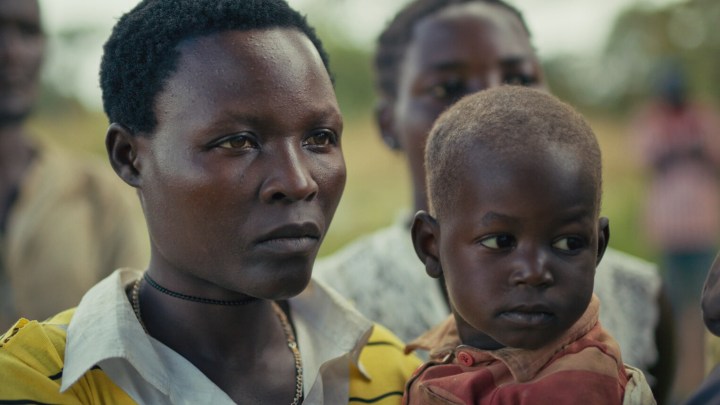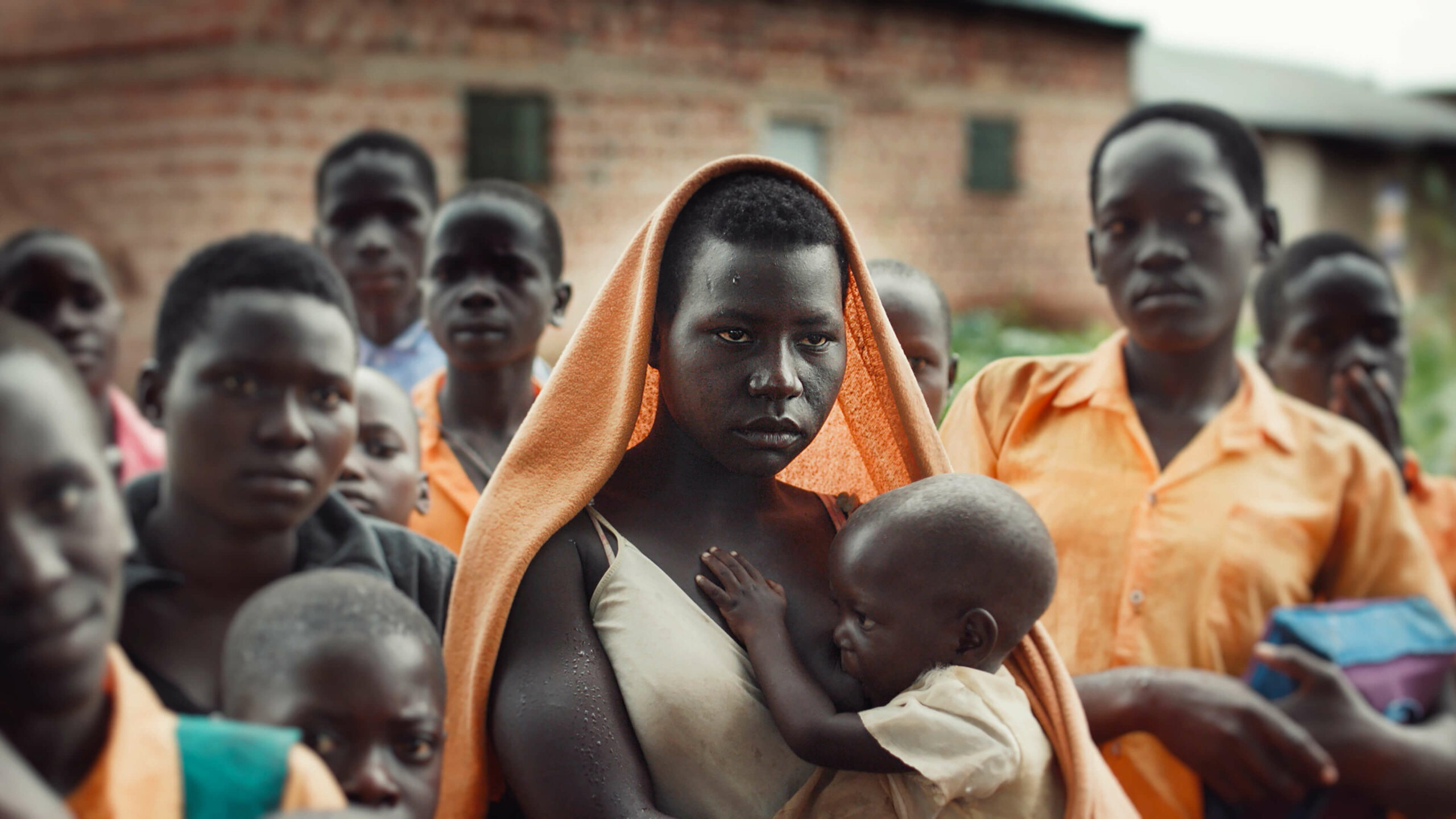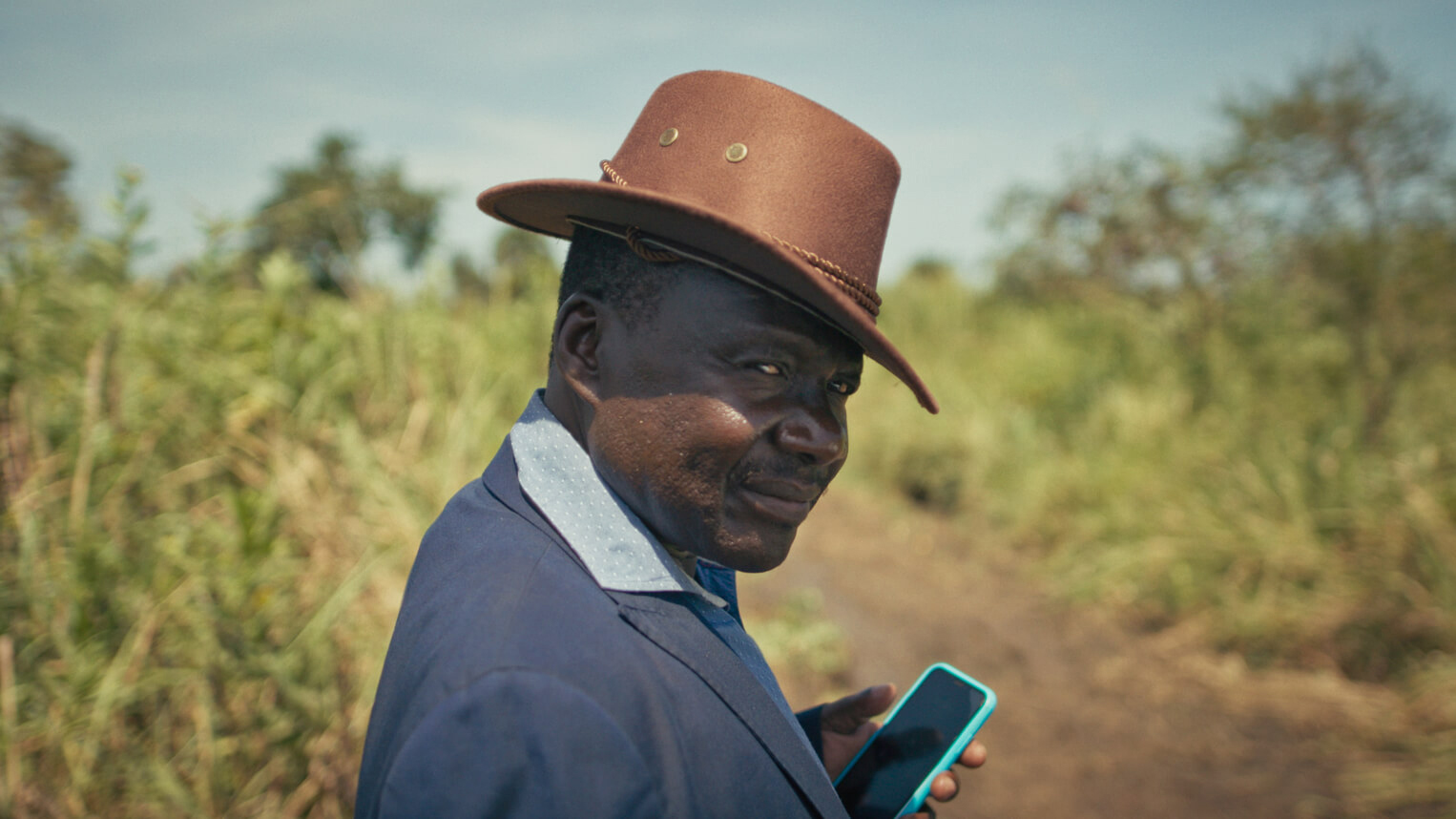FILM REVIEW
By focusing on a former child soldier, ‘The Theatre of Violence’ questions beliefs on victims and perpetrators

For most, it is unimaginable to place ourselves in the shoes of a child soldier and comprehend the terror and loss of innocence that transforms one into a brutal murderer and rapist. A new documentary film asks viewers to do just that.
Watching The Theatre of Violence was an expectedly visceral experience and at the end of the film I was left feeling disconcerted in a number of ways.
The film is about Ugandan former child soldier Dominic Ongwen’s trial on charges of war crimes as a commander of the Lord’s Resistance Army, led by the infamous Joseph Kony, at the International Criminal Court (ICC) in 2016. The film is from the perspective of Ongwen’s chief legal counsel Krispus Ayena and takes us through his trial preparation, ICC proceedings and interviews with various Ugandans on their thoughts regarding the case.
The film straddles the complex lines of victim and perpetrator, asking whether one who was a victim can be granted amnesty. Ongwen was abducted by the Lord’s Resistance Army at the tender age of nine years old and dragged off into the bush, tortured, brainwashed and subsequently forced into being a killing machine who then abducted other young children and repeated the cycle.
Read more in Daily Maverick: Former Ugandan rebel commander Ongwen sentenced to 25 years in prison
For most of us, it is unimaginable to place ourselves in the shoes of a child soldier and comprehend the terror and loss of innocence that transforms one into a brutal murderer and rapist. It is also unimaginable to grant amnesty to the perpetrator of such heinous crimes.

Ugandan villagers watch the ICC case against Dominic Ongwen. (Photo: Kacper Czubak)
It also raises another uncomfortable question of how the colonial conquest by Western countries brought such instability and conflict among fellow countrymen using the age-old method of divide and conquer, where various tribes were pitted against each other to fight for power and resources that were engineered to exclude them.
In Uganda, it was the Acholi tribe of Kony and Ongwen versus the Bahima, of current president Yoweri Museveni. Uganda was colonised by the British Empire in 1894 and got its independence in 1962 when the Empire installed Edward Muteesa as its new president after Apollo Milton Obote led the country to independence and became prime minister.
After a list of rulers including the genocidal Idi Amin, current president Yoweri Museveni assumed power in 1986 and is now the longest-serving president of Uganda. In 1987 Kony proclaimed himself a prophet of the Acholi people and led a religious cult-like rebel movement against Museveni’s government. It became known as the Lord’s Resistance Army.
What was to unfold is what is now known as “the theatre of violence”, which led to the killing of more than 100,000 people, the abduction of at least 20,000 children and the displacement of more than two million people in northern Uganda.
It is evident that the directors chose not to show gratuitous and expected images of the violence which often characterise not only films, but Western media’s documentation of conflict in African countries. Instead, they chose to use subtle symbolic imagery such as the central image of a burning bush that is shown throughout the film and seems to grow and recede according to different scenes based on the intensity of what is being conveyed. In a sense, it felt as if the choice was made so as not to victimise the audience of the film, but also not to re-victimise Ugandans.
In a workshop about the documentary, executive producers Lukasz Konopa and Emil Langballe said that their goal was to create a tension that raised more questions than answers. In a sense, I felt the intention was to question long-held beliefs of saints and villains, victim and perpetrator, coloniser and colonised.
But something which struck me was a question that was raised by a community teacher in the film on the concept of restorative justice, which has always been at the core of African justice, and retributive justice, which is a Western concept and is represented by the ICC. In fact, the teacher specifically asks the question of whether the ICC is imposing itself on African countries without understanding the cultural context within which it is operating.

Krispus Ayena, lead counsel for the defence in the ICC case against Dominic Ongwen. (Photo: Kacper Czubak)
During conversations between various communities in northern Uganda and ICC representatives who were updating community members about the ICC case, people asked why only Ongwen was on trial when his abductors still roamed free. They also asked why those who are now part of Museveni’s government but who also participated in the killings were not being tried, raising the point of a single man taking the fall for a reign of terror that was not even of his making.
In 2022, the ICC’s chief prosecutor said he wanted to revive the case against Kony, who has been on the run since a warrant was issued for his arrest in 2005.
The point raised on the fairness of proceedings is further illustrated by the three judges presiding over the case. There were two European judges and one Filipino judge. There was no African representation, save for the legal counsels.
Worth mentioning as well, which was highlighted by the executive producers, is that there are currently 31 active cases before the ICC all of which are African, bringing up the issue of whether the ICC has been set up to pursue predominantly African cases while those in the West accused of similar crimes do not submit themselves to similar processes and live with impunity.
In the film, there is an attempt by Ongwen’s legal counsel, Ayena, to humanise him by focusing not so much on the legal principle of the question of the perpetrator facing a reckoning, but on the fact that he was a hapless participant in the demise of his own youth and future as a positive member of society.
Ayena tries to stress to the court how Ongwen is haunted by the memories of the effects of his brainwashing and an unending list of victims and their families, illustrated by Ongwen telling Ayena, “I remember, I remember, I remember, I remember, I remember…” in almost an out of body way.
Ongwen was subsequently found guilty of 61 counts of war crimes, rape and sexual slavery and sentenced to 25 years’ imprisonment for his war crime charges. However, questions of why it was only him that was prosecuted remain when he acted in collusion with others.
It is an unbelievably tragic, but necessary story about the plight of Ugandans, one that can only be attributed to the destructive and cruel legacy of colonialism. Ongwen’s sentencing did not leave me with a sense of justice, but instead left questions about the instruments of justice we have at our disposal and how best to leverage them. DM

















 Become an Insider
Become an Insider
Comments - Please login in order to comment.